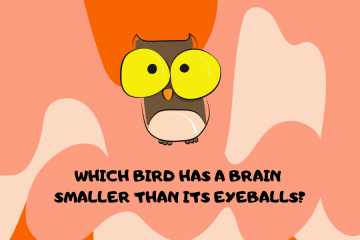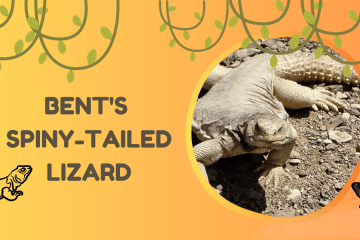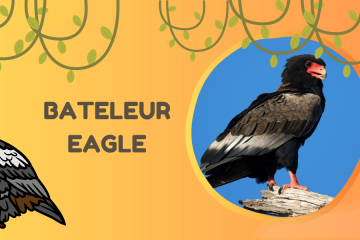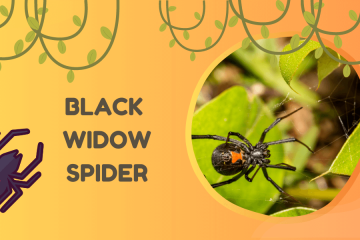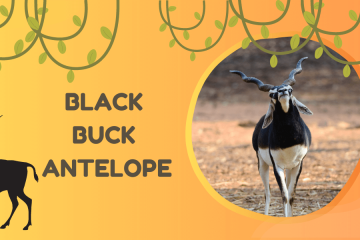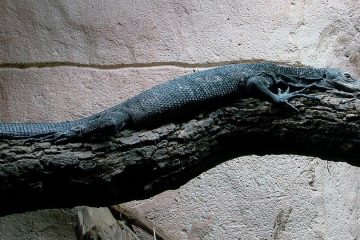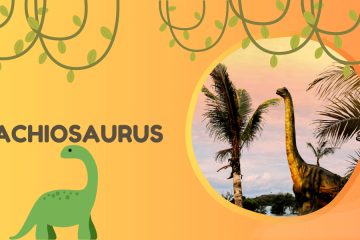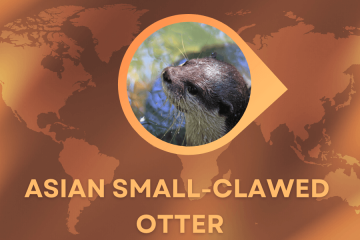White-handed gibbons are small, tailless apes with dense, shaggy fur ranging from black to pale gray. Their face is bare and surrounded by a white fringe. White-handed gibbons have long, slender arms and the upper part of their hands and feet is always white. They possess an opposable thumb that is used for climbing or grooming but not for swinging from branch to branch.
White-handed gibbons usually move in this manner and can cover horizontal distances of 40 feet and vertical of 50 feet in one swing. They launch themselves and freefall until they catch another branch.
They can move bipedally along branches or on the ground. When doing so, white-handed gibbons raise their arms above their heads for balance. White-handed gibbons are diurnal and usually take a rest break during the hottest part of the day.
Food
White-handed gibbons eat fruits, leaves and some insects. They will also eat birds and can catch them out of the air while swinging.
Habitat
Gibbons are forest dwellers, usually found in the canopy. They are found in semideciduous monsoon forests and tropical evergreen forests. Gibbons range from Asia from southern China through eastern Burma, Thailand, Malaysia, and Indonesia.
Predators
The primary predators of the white-handed gibbon are leopards, clouded leopards, and man.
Social Structure
White-handed gibbons live in small groups that are centered on the mated pair. Young gibbons leave these groups in adolescence. These family groups defend their territories by song and threat display. These songs are usually initiated by the female and are a duet with specific parts.

It seems that these songs are innate and not learned. They are specific to the species. At night, white-handed gibbons sleep sitting up in groups in „sleeping” trees. These trees are usually off limits for other groups.
Birth & Offspring
Young white-handed gibbons are born hairless and must rely on their mothers for warmth. They usually have light hair at first and darker hair develops as they grow older. Young gibbons will stay with their parents until they are past adolescence and are chased off by their parents.

Lydia King is a huge animal lover and has always been fascinated with learning about the animal kingdom. She enjoys writing about anything animal related from scientific information about rare species to animal references in pop culture.

